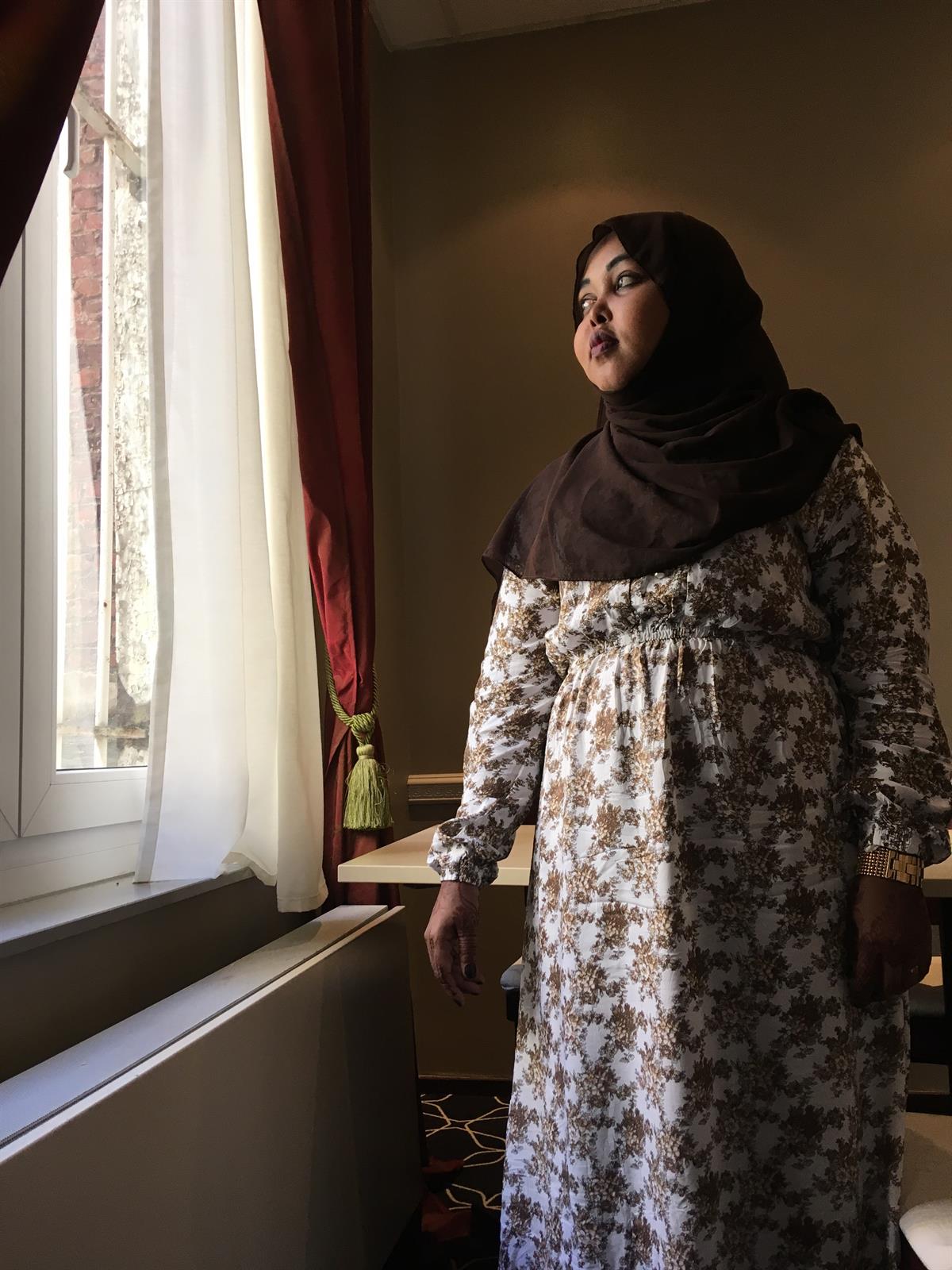Access to education should not be determined by a child’s gender. Yet, girls are still 1.5 times more likely than boys to be completely excluded from primary education, and by 2016, less than a half of all countries had achieved gender parity in education at secondary level.
Taking place the week before International Women’s Rights Day, the interactive debate "Educating girls" tackled the actions needed to overcome complex global barriers to getting more girls into schools, and provide them with the required skills to enter the work force.
Speakers included:
- Bangio Ali, Education Officer at AVSI Kenya
- Susanne Conze, Deputy Head of Unit for Strategy and Investments at the European Commission Directorate-General for Education, Culture, Youth and Sport
- Larisa Hovannisian, Founder & Chief Executive Officer of Teach For Armenia
- Geetanjali Narayan, UNICEF Representative for Bosnia and Herzegovina
- Matt Reed, Chief Executive Officer of the Aga Khan Foundation UK
Moderated by Shada Islam, Director for Europe and Geopolitics at Friends of Europe
This event is part of Development Policy Forum (DPF) lead by Friends of Europe and which brings together a number of important development actors, including the Deutsche Gesellschaft für Internationale Zusammenarbeit (GIZ), the Agence Française de Développement (AFD), the Japan International Cooperation Agency (JICA), the European Investment Bank (EIB), the United Nations and the World Bank. Reflecting the growing role of the private sector in development, the DPF has now welcomed Coca-Cola and Eni to the forum. The DPF contributes to the global and European conversation on inclusive development. Through its activities and publications, the DPF reflects the rapidly-changing global debate on growth and development and seeks to encourage a multi-stakeholdered, fresh, up-to-date thinking on the multiple challenges facing the development community.
Whatch the debate
Bangio Ali Adan speech
My name is Bangio Ali Adan and I was born in Nairobi, Kenya in 1991 from a Somali family hailing from Garissa County. I studied in Nairobi and in Mombasa. After my secondary school I went to a teaching college where I've studied to be a primary school teacher. I am currently pursuing degree in business management and I'm working with AVSI as education officer based in the refugee camp Dadaab, in Garissa County.
I attribute my education to my mother who has always been supportive and encouraged me to go to school and be educated so that I can help myself and the rest of the community as well. Probably by now if I were not educated I would have been married off and I would be an illiterate mother. I have always had the passion to be a humanitarian worker I always have had a strong will and motivation to help girls and women particularly from my Somali community because I feel they are marginalised and vulnerable. For this reason at the age of 22 I starded advocating for girls’ right to education.
I am here not as an expert but to share my testimony of Kenyan citizen hailing from the Somali community where the few girls who can attend school most of time do not finish their studies because of challenges that they face at home and at school. A reality I know both for my personal experience and for my advocating activity.
For exemple, most of somali girls face social cultural practices like female genital mutilation and child marriages that hinder them from attending school or even lead them to drop out of school. But this is not the only one challenge. Usually Somali girl education is affected by: defilement, sexual harassment /exploitation, child mothers, teen pregnancy, child labor, physical violence/ abuse, emotional abuse.

From my personal experience I believe that girl children can escape all this challenges through education and be in school to finish their studies. I am where I am today because of education and I believe I can use this knowledge and skills positively to change the situation of our Somali girls and maintain them in school. I also want to be a role model as well as give back to my society what I had the chance to receive.